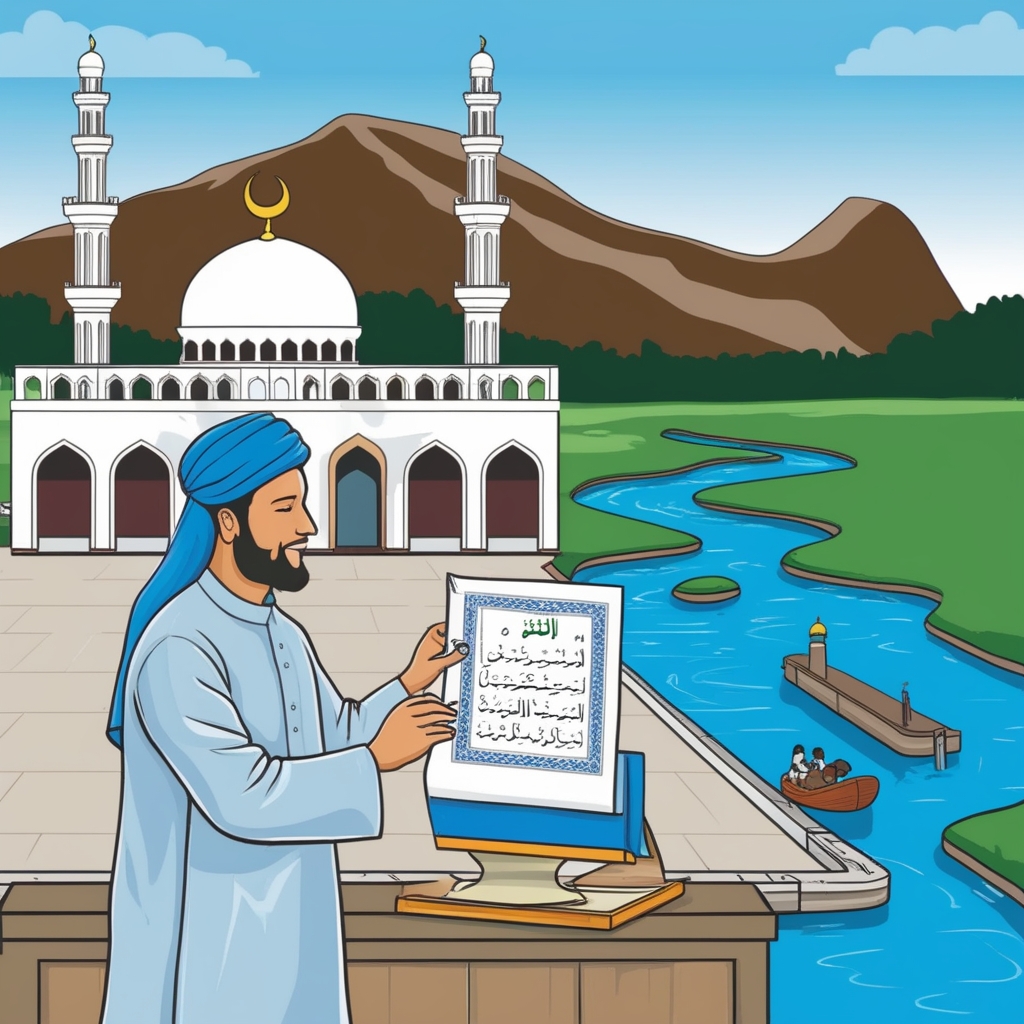1 on 1
Class Organization
24/7
Support Availability
Male/Female
Native Instructors
500+
Enrolled Students
Islamic Jurisprudence and Its Evolution( Fiqh):
Introduction:
Fiqh is how Muslims understand and follow daily life rules. This includes prayer, fasting, business, and family matters. It helps them practice Islam by the teachings of the Quran and Hadith.
Safe Transaction:
Beginnings and Progress
Early Islamic scholars used the Quran and Hadith to address social and legal issues. As a result, this effort led to the creation of fiqh. Moreover, fiqh links the growth of knowledge and history in the Islamic world. In particular, early experts, known as fuqaha (plural: faqih), played a key role. They not only explained Islamic texts but also resolved moral and legal questions.
Sources for Islamic Law
Fiqh's principal sources are:
The Quran: The holy book of Islam that gives rules and important teachings for life.
Hadith: The holy book of Islam provides rules and teachings for life. In addition, the actions and sayings of Prophet Muhammad (S.A.W) help explain how to follow the Quran.
Ijma: The agreement of Islamic scholars on a legal issue, used as a guide when the Quran or Hadith doesn’t provide a clear answer.
Qiyas: Using logic to apply known rules to new situations that aren’t mentioned in the Quran or Hadith.
Philosophical Schools
Islamic law is not one rule. It comes from various schools of thought. Each school has its own way of understanding and explaining it.
Maliki:The Maliki school, started by Malik ibn Anas, focuses on Medina customs as a key source of law. As a result, it is common in both West and North Africa.
Hanfi:Imam Abu Hanifa founded the Hanafi school, known for its flexibility. It uses reason, agreement, and comparison to make decisions. As a result, it is popular in South Asia, Turkey, and the Balkans, where people prefer it for being easier to follow than other schools.
Shafi’i:Al-Shafi’i founded the Shafi’i school, known for its structured approach to law. It emphasizes Hadith over group agreements, so it is followed in the Arabian Peninsula, Southeast Asia, and East Africa.
Hanbali: Ahmad ibn Hanbal founded the Hanbali school, which focuses on the Quran and Hadith, while relying on reasoning only to a small extent. As a result, it is primarily practiced in Saudi Arabia.
Current Concerns
Islamic law (fiqh) is facing new opportunities and challenges today. In particular, more scholars are looking at modern issues. This includes global ethics, human rights, and technology. Because fiqh is flexible, it can incorporate these new ideas while still adhering to the main principles of Islam..
In summary
Islamic law (fiqh) is always changing and adapting. While it keeps the main teachings of Islam, it also adjusts to new situations. As a result, fiqh helps Muslims understand and follow the law in a way that remains useful and relevant to everyone.

